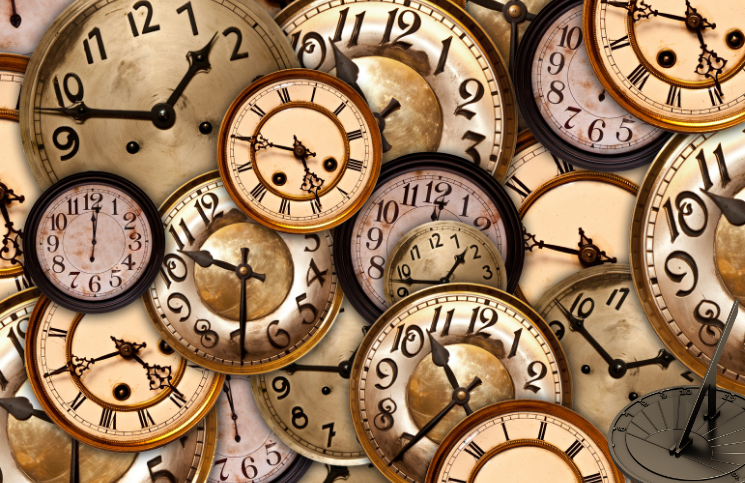by Greg Cunningham
Pandemic politics and science denial: how to measure a year
When the number came on the screen the song popped into my head:
Five hundred twenty-five thousand six hundred minutes
Five hundred twenty-five thousand moments so dear
Five hundred twenty-five thousand six hundred minutes
How do you measure? Measure a year?*
Except it wasn’t a Broadway revival. It was the latest death toll in the United States from the Coronavirus, and the number had just ticked past half a million people. We were only days away from the grimmest milestone imaginable: one person dead from Covid-19 every minute of every day. One death per minute for an entire year. How do you measure such a year?
It’s easy to get caught up in the numbers because the numbers are staggering, overwhelming, unimaginable. But each life lost, each fatal minute of this deadly year, represents a parent, a grandparent, a child, a teacher, a doctor, a nurse, a grocery clerk, a restaurant cook or waitress, a young person, an old person, a gay or straight person, a Black, white or Hispanic person. The equality for which so many have been fighting for so long has been achieved: the virus does not discriminate.

I often wonder how societies of previous ages, and some of current times, could think that certain beliefs and practices could possibly have been a good idea. Why did it take so long for Americans to wake up to the horror of slavery? Why was it so difficult for modern democracies to grant women the right to vote? Why was the most enlightened country in Europe so willing to embrace the Final Solution? Laws and customs that seem so clearly wrong in hindsight elude the judgement of their own time. Custom makes co-conspirators of us all.
Science and politics have always struggled for supremacy. Michael Servetus discovered pulmonary circulation in the 1550s, but his theological teachings were declared heretical by both Protestant and Roman Catholic authorities. Religion and politics then being totally intertwined, he had to be burned at the stake to demonstrate whose word was law.
The German pathologist Gerhard Domagk was awarded the 1939 Nobel Prize in Medicine for his discovery of the antibacterial effects of the sulphonamides. He was forced to decline the prize by the Nazi government which was angry with the Nobel Committee for awarding the 1935 Peace Prize to a critic of the regime.
The story of Galileo is archetypal. His espousal of the Copernican theory that the Earth revolved around the sun, and not the other way around, earned him a trial for heresy before the Roman Inquisition in 1633. Despite a strategic recantation of the heresy, he was sentenced to indefinite imprisonment and kept under house arrest until his death in 1642. Legend gives him the last word: leaving the hall of the Inquisition after his sentencing, he was reported to have muttered “Eppur si muove” (and yet it moves).
Politics and science remain at loggerheads. In our enlightened times, the issue of climate change demonstrates how party lines become defined as “facts.” Most shamefully, our government’s policies and pronouncements on handling the spread of the Coronavirus were determined by calculations of political advantage and not by commitment to saving lives. That deliberate denial and discreditation of science cost more lives in one year than the Inquisition took in three centuries.
It is easy, I admit, to render judgement on the past. I cringe to imagine how historians of the future will judge what Americans of the second decade of the 21st century did during the Covid-19 pandemic– and, even more shameful, what we did not do. Those future historians will have a wealth of primary sources to weave their judgements. Thousands of hours of video, millions of pages of testimony and reportage, terabytes of documents and emails will fuel their midnight labors.
Contemporary observers will be part of that effort. In the early 1600s Samuel Pepys, a member of the British Parliament, kept a diary documenting events in London from the plague to the Great Fire, and his uncensored thoughts along the way. Today’s students from elementary school through college are being asked to record their thoughts and actions during this pandemic. These documents may turn into the greatest collection of primary source material ever amassed during a world event. Historical societies, museums, libraries, universities, newspapers and other publications are collecting this material to store, catalogue and digitize the contents. The ability of researchers to plumb databases filled with unfiltered accounts of ordinary people should help provide clarity from a distance. This very blog post may catch the attention of some future historian. I ask only that she credit my authorship. And spell my name right.
It is not for us to decide where we belong on the arc of history, but we can learn from our mistakes, and our successes, and heal from the wounds we have suffered. What we know is that these five hundred twenty-five thousand six hundred minutes are not measured by daylights, sunsets, cups of coffee, and certainly not by laughter. While you were reading this essay, ten people died of Coronavirus in the United States.
Greg Cunningham is a Learning Specialist with JFYNetWorks.
HOW ARE WE DOING? In our pursuit to serve up content that matters to you, we ask that you take a couple of minutes to let us know how we’re doing? Please click here to be navigated to our JFYNet Satisfaction Survey. Thank you!





